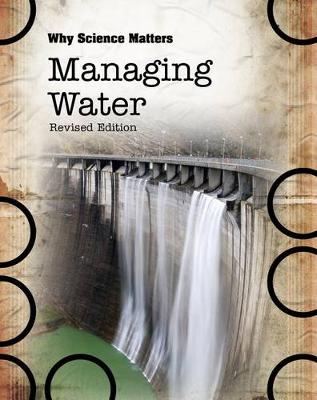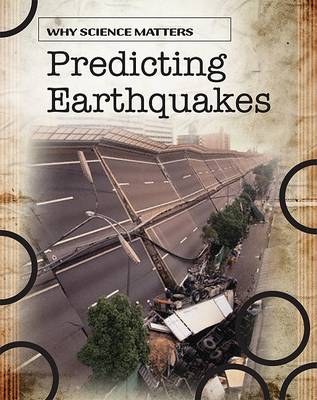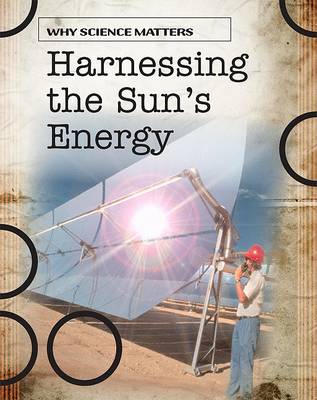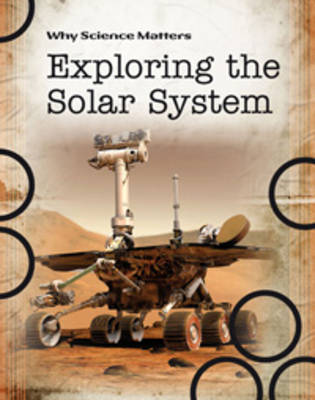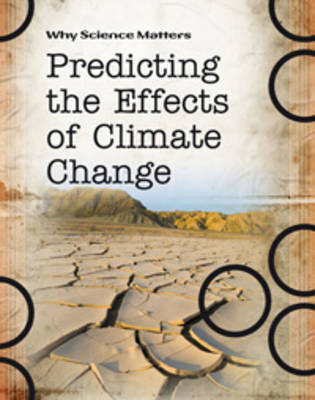Why Science Matters
6 total works
Why Science Matters is a series for pupils at Key Stage 3, illustrating the relevance of science to our everyday lives. The series relates what is learnt in school to real-world examples that are familiar or accessible to readers to facilitate comprehension of the curriculum, while also provoking discussion of topical issues, from the environment to medical research.
How much freshwater is there on Earth? Can science help us use water more efficiently? The 'Why Science Matters' series demonstrates how the science we learn at school is important in every aspect of our everyday lives. Using case studies and investigations, the series describes the development of science and technologies that can improve our lives - or lead to new scientific challenges and controversies. In 'Managing and Using Water', we find out about the most vital resource on Earth and how it shapes our landscape. We learn the importance of water as a solvent, how the power of flowing water can be harnessed to provide us with energy, how drinking water is cleaned and sewage treated, and new technologies to combat water shortages around the world.
How do seismic waves travel through rock? How can satellites help with earthquake prediction? The 'Why Science Matters' series demonstrates how the science we learn at school is important in every aspect of our everyday lives. Using case studies and investigations, the series describes the development of science and technologies that can improve our lives - or lead to new scientific challenges and controversies. In 'Predicting Earthquakes', we learn about the structure of Earth and how earthquakes happen. We find out about faults and epicentres, the science behind seismographs, and the role of earthquakes in causing tsunamis. We also find out about the challenging tasks of anticipating movements in Earth's crust.
Why is the Sun vital to life on Earth? How does the Sun affect our weather and ocean currents? Can science solve the problems of fossil fuel shortages and climate change? The 'Why Science Matters' series demonstrates how the science we learn at school is important in every aspect of our everyday lives. Using case studies and investigations, the series describes the development of science and technologies that can improve our lives - or lead to new scientific challenges and controversies. In 'Harnessing the Sun's Energy', we find out how the enormous power of the Sun can be used to meet the world's growing energy needs. We find out about the significance of energy transfers and the role of sunlight in food chains and webs, and examples of new technologies that can provide us with environmentally-sound energy.
Why Science Matters is a series for pupils at Key Stage 3, illustrating the relevance of science to our everyday lives. The series relates what is learnt in school to real-world examples that are familiar or accessible to readers to facilitate comprehension of the curriculum, while also provoking discussion of topical issues, from the environment to medical research.
Why Science Matters Pack A of 6
by Andrew Solway, John Coad, John Farndon, Richard Spilsbury, and Ian Graham
Published 26 September 2008
Why Science Matters is a series for pupils at Key Stage 3, illustrating the relevance of science to our everyday lives. The series relates what is learnt in school to real-world examples that are familiar or accessible to readers to facilitate comprehension of the curriculum, while also provoking discussion of topical issues, from the environment to medical research.

